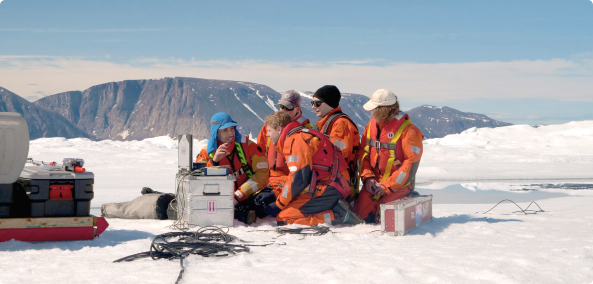Perseus Ready for Arrival: Runway Preparations, New Infrastructure, and Ongoing Science
As the Perseus International Airfield opens for incoming team mebers and scientists, operations at Princess Elisabeth Antarctica move full steam ahead for logistics, infrastructure, and science.



















